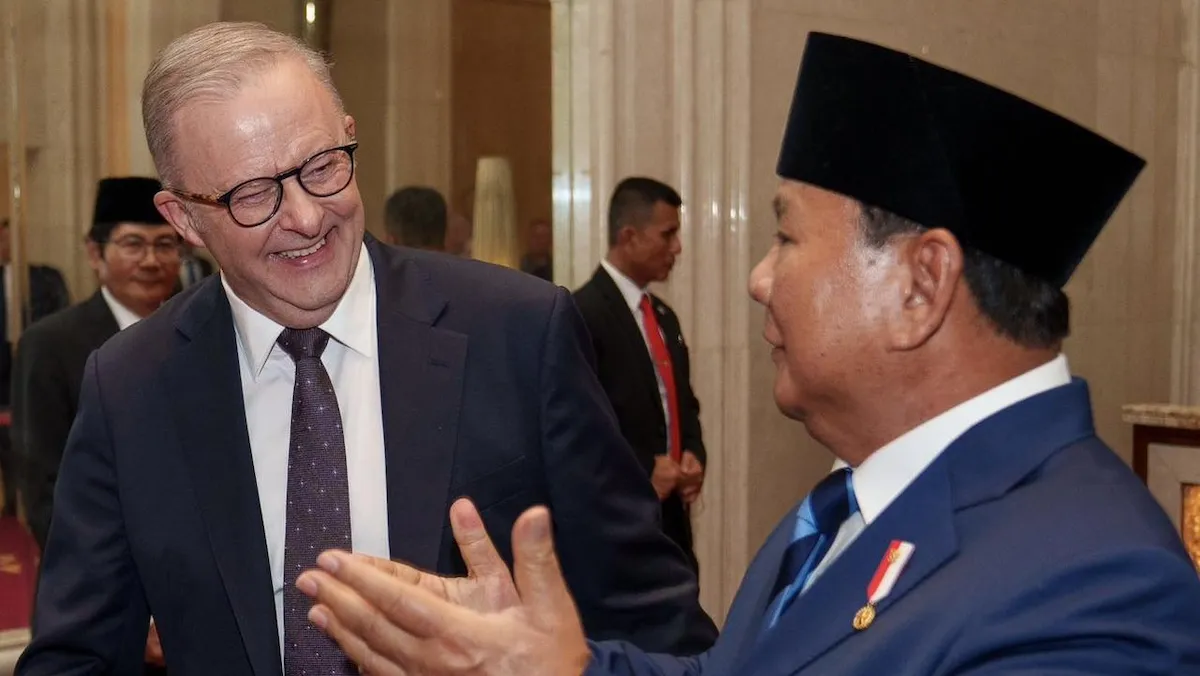
A few years ago, I had the dubious distinction of being CEO of arguably the most disputed mine in Indonesia at the time. It had gone through the kinds of trials and tribulations that only crisis management consultants could have dreamed up.
The lid on Pandora’s Box flew off as soon as my appointment became effective. The very first day on the job I spent not at the mine site but a public hearing and in the presence of a large crowd displaying decidedly unfriendly behavior at the House of Representatives in Jakarta.
A fortnight later I complied with summonses from provincial prosecutors acting on charges that the company broke the laws in denying local interests rightful ownership of the company.
Public pronouncements by local and national politicians make a wonderful study in the art of obfuscation. The excitement continued unabated for two years as the company went through a breathtaking and cacophonous share divestment process – livened up by rowdy demonstrations all over the province to lend bodily support to demands for shares in the company in the name of regional autonomy.
Several attempts by enterprising groups to take strategic points at the mine site by storm did not get very far thanks to decisive action by the newly empowered police that took over responsibility for domestic law and order from the Army.
What they achieved was to interrupt my feeble attempts at mastering the art of golf at the company’s own course in the remote location and forever dashed my ambition of challenging Tiger Woods.
And just before the takeover of the company by its buyer, the unions went on strike – day after day with no letup for three months, to demand compensation for keeping their jobs under the new owners.
That’s right, there was to be no change in work conditions, salary payments and perks, yet it was perfectly natural to be compensated for the sheer nuisance of continuing work.
During those rough-and-tumble days, unwitting allies came unintentionally to my rescue: journalists of every stripe and color, local, national and foreign. By and large they had accorded me a fair hearing and in so doing counteracted much of the hostility exhibited by others. They had my mobile phone number and were able to call me at any time during waking hours to verify facts or just inquire after the current state of affairs, be it divestment, demonstrations, strikes or other interesting things people enjoy so much reading about.
Some fellow executives were aghast at my nonchalance with this dangerous breed that had inflicted so much grief on mining companies. My peers were concerned that these people, who make a living writing or talking about others, would engage me in chitchat or otherwise waste my valuable executive time, if not worse.
None of those transgressions came off. Journalists never called me unless they had a burning issue to ask about or clarify and then kept questions brief and to the point, hanging up before I had the chance to engage them in pleasantries. Presumably they are busy people and have better things to do than call up CEOs jut to make themselves feel good.
At the height of the strike, the message I conveyed to any journo willing to listen was simple and straightforward, phrase in the question: “Does it make sense to get seven years’ salary for keeping your job with the same conditions?” This was indeed what the “compensation” would amount to in many cases. Quite a number of people I met afterwards admitted that their initial sympathies lay with the unions until the extent of their claims were brought to the public’s attention.
It is particularly helpful for a CEO to talk directly to journalists in a crisis. It is far better they hear from you than somebody else who may be less positively inclined toward your company or the cause you are advocating.
With no access to you they may contact others more willing to talk and you miss the opportunity to get your message across.
Like any other form of public communication, talking to the press on a professional basis is a skill that needs to be acquired by training and then constantly honed. The time to acquire this skill is when you are not preoccupied by a fire burning on your doorstep.
If you take the time and trouble to get acquainted with journalists while not being distracted to by the circumstances or a pressing need to do so you will find it is much easier to get them to listen when you do desperately need an audience. Treat them with respect, and they will respond in kind. The reverse also holds true, of course.
Source: The Jakarta Post, September 4, 2007, page 6.



